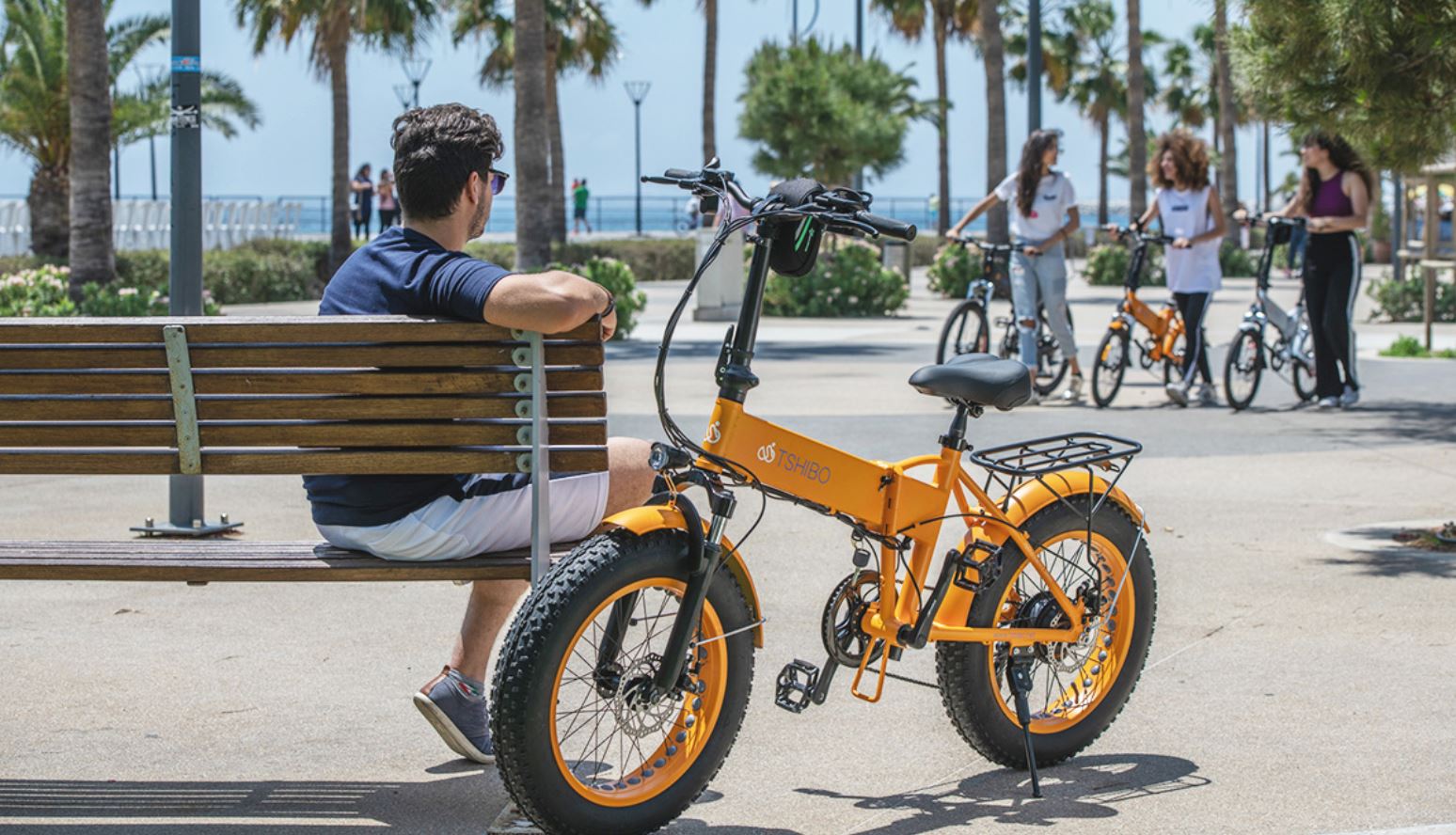Efforts to encourage the use of small, lightweight, low-speed vehicles in Limassol are being hindered by a number of obstacles, micromobility industry stakeholders said during a panel discussion.
The event, titled ‘Towards more sustainable transport – Micromobility’, was hosted by the Cyprus University of Technology (Tepak) and non-profit, reform-oriented organisation Oxygono.
Speaking at the event, Tshibo Electric Bikes owner Jimmy Alarja said that the key areas of concern include the lack of clear legislation on micromobility, the need to improve existing infrastructure, as well as the lack of communication between the public sector and the private sector, issues affecting Cyprus as a whole.
Regarding Limassol specifically, Alarja cited limited traffic space and the poor accessibility for small mobility vehicles.
“Another significant threat to micromobility is the road behaviour of drivers in Cyprus who have not learned to share the road with vehicles such as bicycles and scooters,” Alarja said.
To deal with this issue, Alarja proposed a further reduction to the speed limit, introducing the concept of ‘road sharing’ in the syllabus for driving exams, as well as setting specific hours, days and areas for the exclusive use of small vehicles.
Petko Anchev, Operations Manager for Bulgaria and Greece at Lime, an international San Francisco-based transportation company, said that Cyprus already has the necessary infrastructure for the implementation of micromobility solutions, but that it currently lacks the product itself.
After a series of meetings with the authorities on the issue, Anchev concluded that the most important weakness of, and threat to, micromobility was the relevant legislation that Cyprus has been late in adopting.
Anchev called on both the government and the local authorities to give micromobility an opportunity to be used on a large scale, adding that there was an opportunity to draw knowledge and examples from other countries’ legislation when Cyprus adapts its own.
“The main weakness in the current form of the bill is the maximum speed limit of 15km/h, which is low when compared to the corresponding limit in other countries and should be raised from 25km/h and above,” Anchev said.
“Micromobility companies such as Lime can provide data to local authorities and regulators to improve planning and legislation,” he added, stressing “that micromobility can significantly help to contain Cypriots’ dependence on cars”.
Meanwhile, Transport Minister Yiannis Karousos called micromobility “an innovative and modern transport solution”, before adding that it is part of the government’s Sustainable Urban Mobility Plan (SVAK).
The minister said that micromobility is improved through the mandatory inclusion of new bike lanes with every project that receives approval. He said efforts were being made, in cooperation with the public passenger transport companies, to combine public transport with micromobility.
One potential way this could be done, the minister said, is by allowing private micromobility companies, through a tender process, to operate in areas with few public transport options, with the standard ticket fee allowing its holder to freely use small vehicles to reach the nearest bus stop.
Limassol mayor Nicos Nicolaides said that while the relevant legislation has given councils both the authority and responsibility to monitor and regulate personal mobility vehicles, there was still a question as to whether they had the power to do this.
In this context, he said that the police should take a more active role in this regard, at least until the creation of a municipal police.
Finally, when asked whether the Limassol municipality had a plan to reduce car usage in the city, Nicolaides said that “there is a plan, but we must ensure that it is properly implemented in a timely fashion”.
“The aim is to create a network that will allow the safe and unhindered movement of small mobility vehicles throughout the city of Limassol,” Nicolaides concluded, adding that “equally important is their connection to other means of public transport”.







Click here to change your cookie preferences